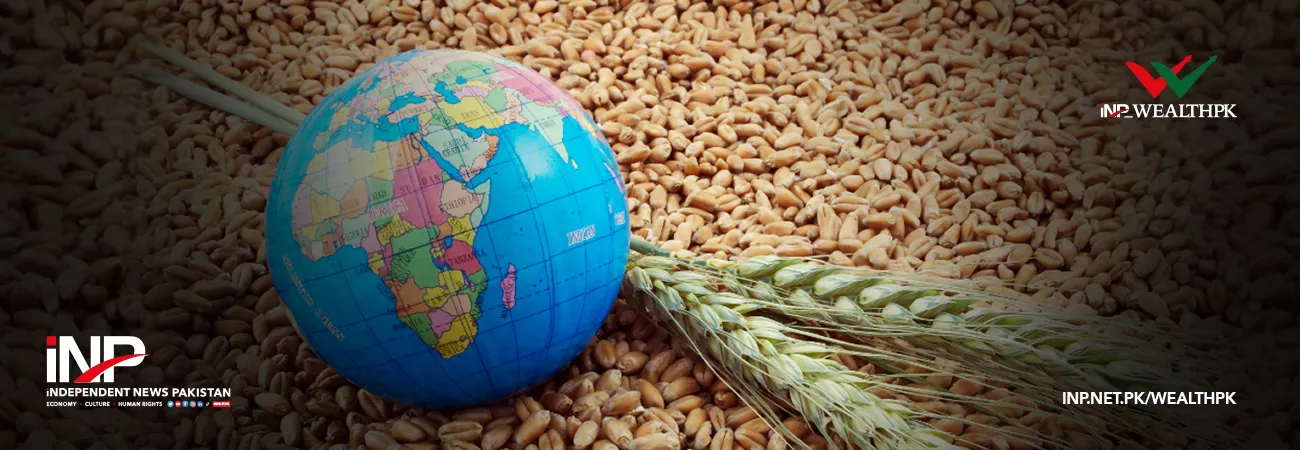INP-WealthPk
Arooj Zulfiqar
The soil in Pakistan is facing several challenges, including degradation, erosion, salinization, and pollution, which are causing a decline in fertility and productivity. This trend is particularly worrying, given the country's dependence on agriculture as a major source of income and food supply for its population, said Dr Muhammad Hanif, a senior scientific officer at the National Agricultural Research Centre (NARC).
“The impact of soil degradation on food security in Pakistan is already evident. According to the Food and Agriculture Organization (FAO), around 40% of Pakistan's population is food-insecure, with malnutrition and hunger as major issues. The declining soil health is exacerbating the problem by reducing the yield and quality of crops, which ultimately affects food availability and affordability,” Dr Hanif said. He said, ‘’A primary cause of soil degradation is unsustainable farming practices. Overuse of chemical fertilizers, pesticides, and herbicides leads to soil contamination and reduced soil fertility. Additionally, poor water management practices, such as excessive irrigation and waterlogging, are causing soil salinization, which further reduces the soil's ability to support crops.”
“To address these challenges, there is a need for an urgent action to improve soil health in Pakistan. This can be achieved through a combination of measures, including promoting sustainable farming practices, increasing the use of organic fertilizers, improving water management, and reducing soil pollution,” Dr Hanif added. One promising approach is to promote conservation agriculture, which involves minimizing soil disturbance, maintaining soil cover, and diversifying crop rotations. This approach has been shown to have improved soil health and increased crop yields while reducing the use of chemical inputs. In addition to promoting sustainable farming practices, there is a need to increase investment in soil health research and extension services. This will help develop and disseminate appropriate technologies and practices to improve soil health, as well as provide farmers with necessary knowledge and skills to implement them.
Furthermore, policymakers should consider implementing policies that incentivize sustainable farming practices and discourage unsustainable practices. For instance, providing subsidies for the use of organic fertilizers and water conservation practices, while taxing or banning the use of chemical inputs, can encourage farmers to adopt sustainable practices. It is also essential to educate farmers and the general public about the importance of soil health and its role in ensuring food security. Raising awareness about the impact of soil degradation on crop productivity and food security can encourage farmers to adopt sustainable practices and motivate policymakers to prioritize soil health in their policies.
Credit: Independent News Pakistan-WealthPk




